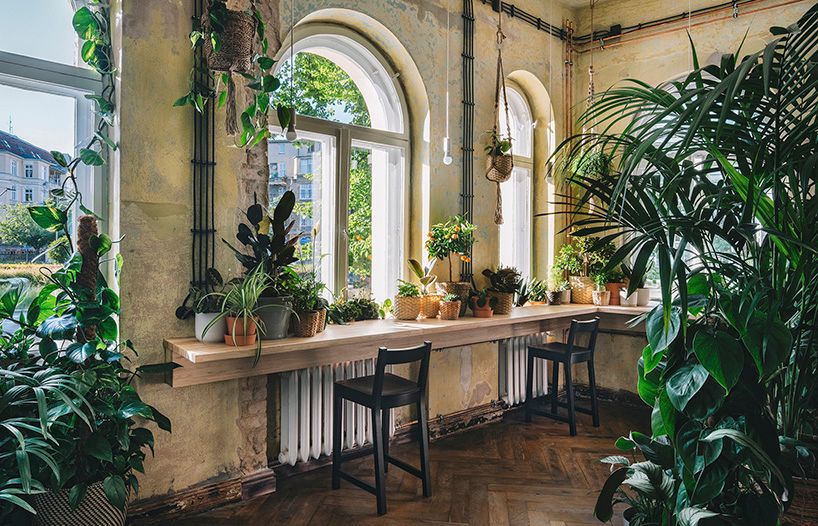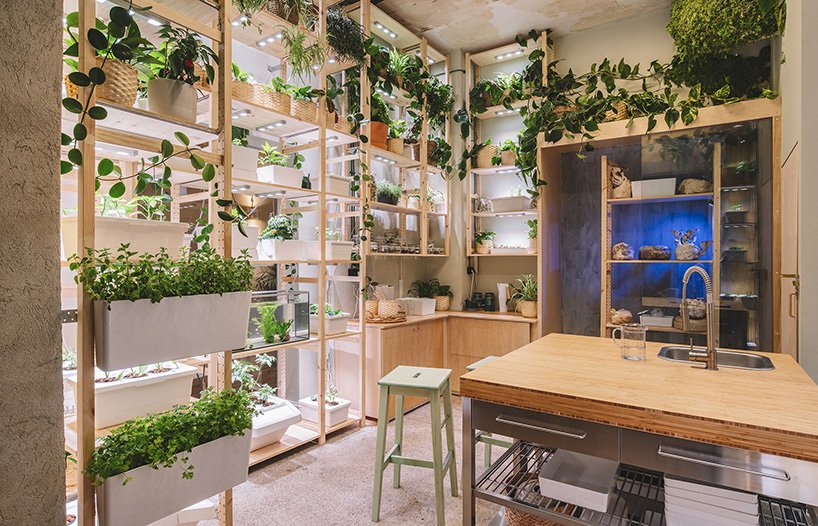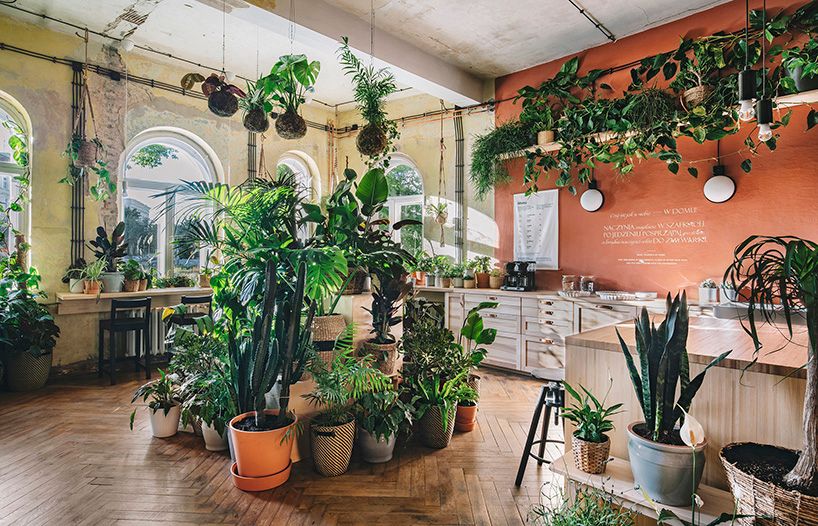IKEA has opened its first “Home of Tomorrow” in the world in the northern Polish city of Szczecin, aiming to inspire people to adopt sustainable alternatives for everyday living. Designed by a Polish team, the home was created ahead of the opening of the Swedish furniture giant’s first branch in the city, scheduled for early 2021.
The “Home of Tomorrow” aims to respond to challenges caused by the climate issues of the future, reports Gazeta Wyborcza, showcasing a variety of greener adaptations which could be implemented for use in any house. The 250-metre space contains a series of rooms boasting greener alternatives, constructed with 100% ecological materials.
Launching IKEA Home Of Tomorrow was a massive effort. However, I hope the place itself won’t overshadow the undertaking we begin there — the city-scale co-creation initiative to find scalable solutions to most challenging waste problems.
I believe in the…https://t.co/9MjjZoviLw
— Gustaw Jakubowski (@gustawjot) June 18, 2020
Located in a 120-year-old Szczecin tenement building, the concept home was created by a team including Polish designers Joanna Jurga, Paulina Grabowska and Justyna Puchalska, who incorporated original features to demonstrate how existing resources can be reused.
“We wanted to bring out the beauty of the building: there is history behind it, and it’s pointless to hide this,” Puchalska told the Onet-owned website Noizz. “We also wanted to bring people closer together, because hardly anyone lives in a house where everything is perfect!”

![]()
The building uses a circular economy approach to reduce waste, and includes an urban farm, efficient waste processing measures – from the 200 resident earthworms – and a wide variety of plant life, grown with low-water consumption.
IKEA’s press release explains that such ecological solutions can help tackle future climate issues like littering, the depletion of natural resources, droughts, and the need to live in a more sustainable society.

The designers targeted wellbeing as another important element of the “Home of Tomorrow”. One of the walls contains a light therapy installation, “Home Sun”, which resembles sunlight and is designed to improve mood and promote relaxation.
“It is a unique initiative on a global scale,” explained Karol Tomczyk, director of the Szczecin regional IKEA, quoted by local media site WSzczecinie.pl. “We can see here how IKEA products can support everyday, pro-ecological activities, so that we do not use more of our planet’s resources than we need.”

“We show that everyone can have a modern apartment that will be both functional and ecological,” he added. Many of the solutions can be adapted for any home using recycled household furniture or waste, according to easy-to-follow guides available online.
And although the whole house is open for visitors to touch and experience, parts of it are also interactive. Guests can sample zero-waste cuisine, as well as learning how to put sustainable measures into practice in their own homes, via information provided on greener approaches. This includes the opportunity to meet with activists inside the home.

The “Creative Zone” also allows visitors to learn practical skills, renovating and modifying old furniture and household equipment. Workshops and other information sessions are planned for later in June, including DIY recycling classes, yoga workshops and eco cooking. To reduce the risk of coronavirus infection, special measures have been introduced to keep visitors safe.
Gustaw Jakubowski, one of the people behind the project, told DesignBoom that they wanted “to encourage the residents of Szczecin to take responsibility for waste”.

“I believe that only by starting to vote with our wallets for environment-friendly solutions, we will create a substantive step towards sustainable life,” he added.
Leading businesses and tourist attractions in Poland have introduced a number of innovative solutions in a bid to show their green credentials. Food retail companies Auchan and Carrefour launched reusable cotton bags earlier this year, whilst Warsaw’s Royal Castle took to recycling of advertising banners to create backpacks.
There has been increasing awareness of environmental issues in Poland in recent years, with “climate” named one of the words of the year for 2019.
According to the EU’s 2019 environmental review, Poland generated 315 kg of municipal waste per inhabitant in 2017, which is well below the EU average of 487 kg per person. Of that, 34% is recycled, which in turn is below the EU average of 46%. The European Union requires Poland to achieve a 50% rate by the end of this year.
All images: IKEA

Juliette Bretan is a freelance journalist covering Polish and Eastern European current affairs and culture. Her work has featured on the BBC World Service, and in CityMetric, The Independent, Ozy, New Eastern Europe and Culture.pl.




















